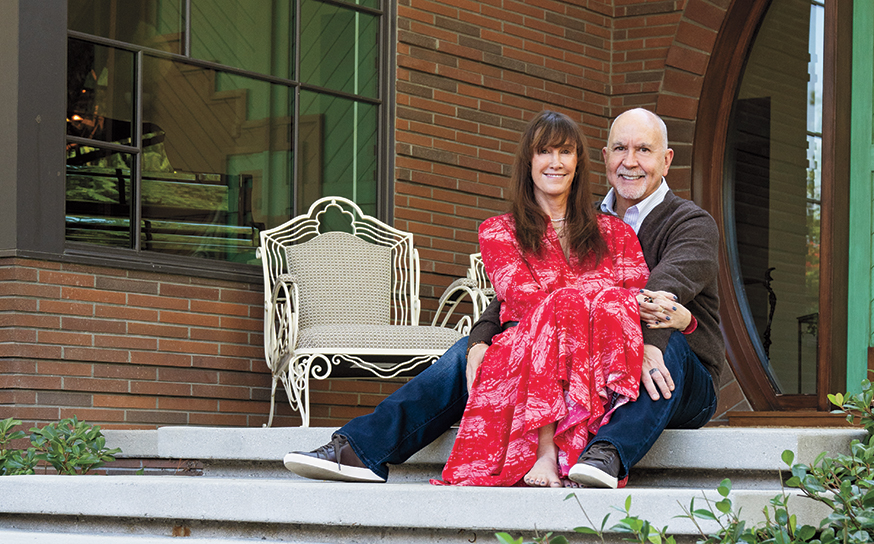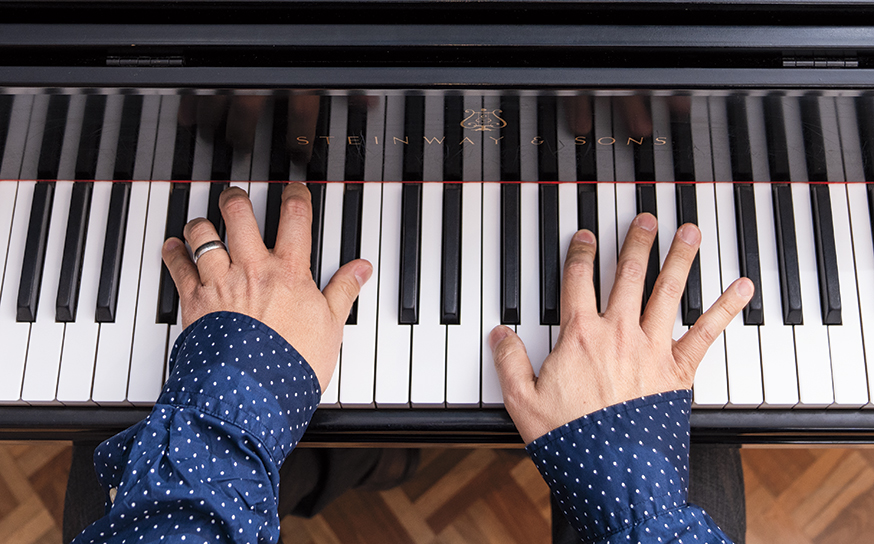
Cardiologist Eduardo Marbán Weighs in on Men’s Heart Health
It’s about more than genes.
Cardiologist Eduardo Marbán is the director of the Smidt Heart Institute at Cedars-Sinai Medical Center. The top-ranked institute encompasses the Barbra Streisand Women’s Heart Center, which focuses on the differences between heart disease in women and men.
In addition to his role as the Institute’s director, the physician (who received a dual MD/PhD at the Yale University School of Medicine) oversees the Marbán Laboratory at Cedars-Sinai, where he conducts cutting-edge research in re-engineering heart cells to treat arrhythmias—essentially creating a “biological pacemaker.” He’s also working on methods of therapeutic regeneration, which seeks to repair damaged hearts using stem cells. Here, Dr. Marbán reveals the latest on heart health and what the future holds for better disease treatment.
 Why are men more susceptible to heart disease than women?
Why are men more susceptible to heart disease than women?
We don’t understand it fully, other than being able to say there’s a male preponderance. A lot of focus has been on hormonal influences—testosterone versus estrogen—but that doesn’t seem to be the whole story. It’s not as simple as saying “Let’s get rid of testosterone and we’ll get rid of heart disease.” That just seems to be one of the many factors that figure into it.
Which is the worse scenario for men: bad genes or bad lifestyle?
I’d much rather have good genetics than a good lifestyle with bad genetics. Look at Winston Churchill: He was obese, ate poorly, smoked like a chimney—and died at the age of 90 after living a full and stressful life. Then, at the other extreme, there’s Jim Fixx, the marathon runner who died of a heart attack in his early 50s, having lived a pristine life.
But the important thing to realize is that while we can curse our genes, we’re stuck with them. In somebody with an average predisposition to heart disease, lifestyle modification is incredibly important. In the prosperous parts of Southern California we tend to be Exhibit A for good lifestyles: fewer smokers, less obesity and a relatively meat-light diet, favoring more fish and vegetable oils and a lot of exercise.
Of those kinds of healthy behaviors, which is the most critical for preventing heart disease?
Adherence to a good dietary regimen and exercise to avoid obesity are the most important things people can do to modify their overall risk, aside from smoking cessation.
The evidence regarding exercise shows that what is really important is getting out of the sedentary lifestyle. You need to avoid sitting on the couch and doing nothing. I tell my patients half an hour a day of vigorous activity is plenty. You don’t have to hit the gym for two hours a day or sweat away your life on a Soul Cycle.
Do doctors still believe in a “heart attack personality”? That is, the Type A overachiever who gives himself heart disease?
The idea that personality itself breeds heart disease is increasingly outmoded; we just don’t see that there’s a strong evidence base for that. But in somebody who already has heart disease there’s no doubt that stress plays an important role and can be a precipitant of a bad outcome. In those cases, we prescribe meditation and relaxation therapy as well as exercise for its benefits in terms of outlook.
Is the future of treatment biological fixes, like the stem cell and gene-engineering therapies you’re working on?
I think we will give the traditional devices and the major surgeries like transplants a run for their money, but ultimately those approaches will keep getting better, so we may end up with hybrid approaches—more of a bionic approach where we do a bit of both to fix the heart. The goal is to make people better—we don’t necessarily have to do it one way or another.











